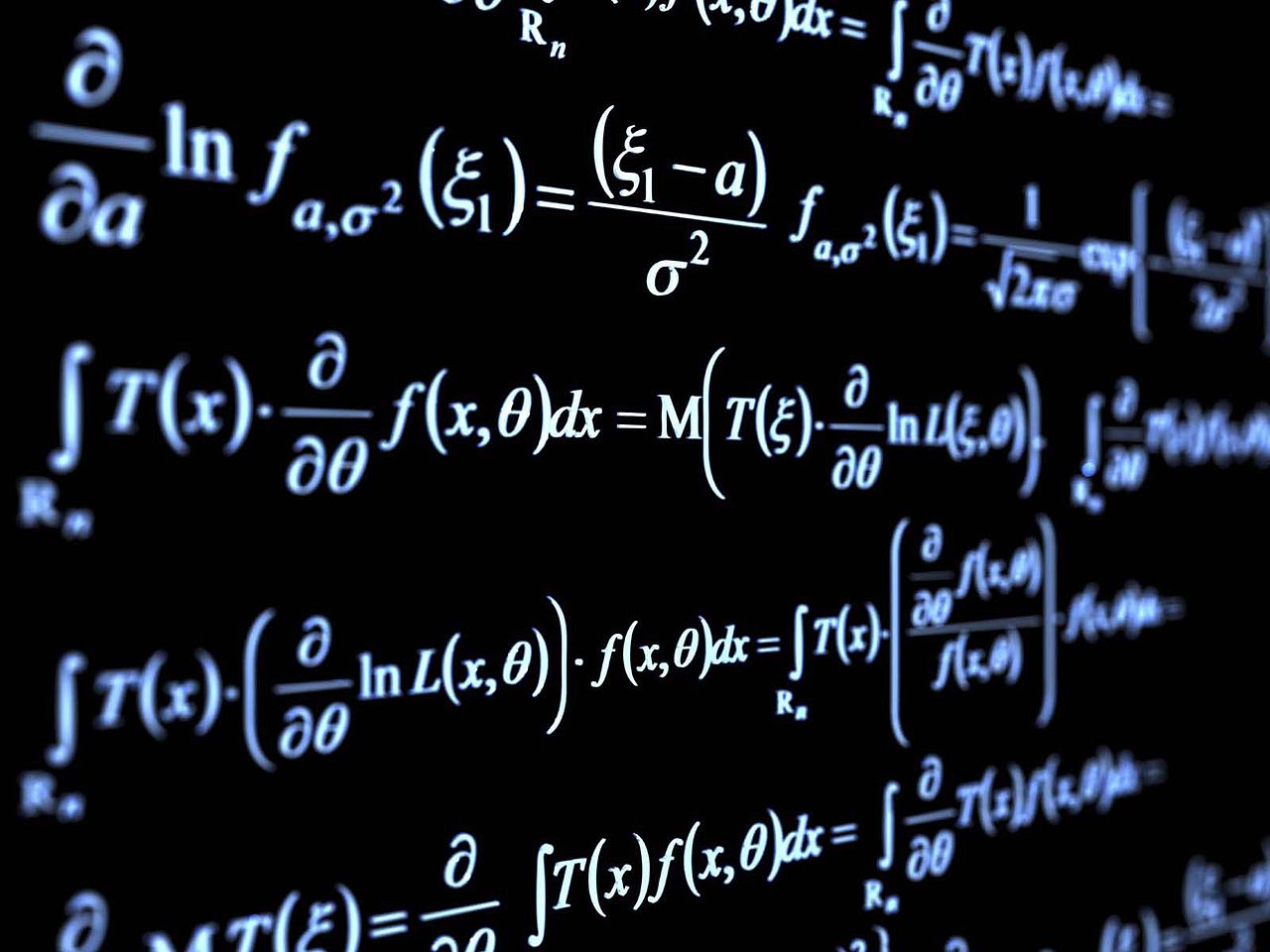
Mathematics Education
STEM
Miscellaneous
History of Science
Edward Hessler
Assessing Student Performance:Exploring the Purpose and Limits of Testing, by the late Grant P. Wiggins remains a favorite and provocative book on the assessment of student performance. Dr. Wiggins posed "the following challenge as a worthy task for assessing understanding of geometry."
Two mathematicians had a debate. The first said that the postulates of geometry are like the rules of games: a system of rules and a mental model for thinking about space, but not "real." The second disagreed, saying that geometry is more like the features of the world and the textbook more like a roadmap, a guidebook to what space is "really" like. Professor A/s views seem to imply that geometry was invented by mathematicians, while Professor B seems to suggest that geometry was discovered (in the same way that America and the roundness of the earth was discovered). Who do you think was more correct and why? You work for a national student-focused magazine. Your editor wants you to come up with a lively article on the debate, giving examples most supportive of each side, interviews with audience members on their different reactions, and reasons why a reader of he magazine should care about the debate. (p.72).
I am a great fan of this prompt since it challenges a deep smugness we have or maybe it is just me, about what we think we know. Are the truths of geometry "self-evident?" I was once known to say that, worse, I suppose, to believe it. The prompt also appeals to my interest in the history of ideas. I don't think we should leave our study of STEM without some probes into the origins and development of ideas or, if you will, the nature of the beast.
I think I'd now add to the Wiggins prompt, "or both."
I was disappointed when the Next Generation Science Standards placed these kinds of standards in an appendix but glad that they are there. Both the Benchmarks for Science Literacy and also the National Science Education Standards featured them prominently. But standards must pay attention to what less is more. This involves some very difficult choices.
If you do a Google search you will find more on this topic than you might expect. I include four videos, one long and three short
The long piece (53:10) is a PBS presentation. The short pieces are by mathematicians: Eddie Woo (3:06), Stephen Wolfram (4:17), and Edward Frankel ( 5:39).
It is almost impossible to write about this question without citing Eugene Paul Wigner's 1960 article titled "The Unreasonable Effectiveness of Mathematics in the Natural Sciences." Wigner was awarded the Nobel Prize in Physics in 1963. Here is the money quote:
“The miracle of the appropriateness of the language of mathematics for the formulation of the laws of physics is a wonderful gift which we neither understand nor deserve. We should be grateful for it and hope that it will remain valid in future research and that it will extend, for better or for worse, to our pleasure, even though perhaps also to our bafflement, to wide branches of learning.”
Whattaya' think?

 CGEE Student Voice
CGEE Student Voice
No comments:
Post a Comment